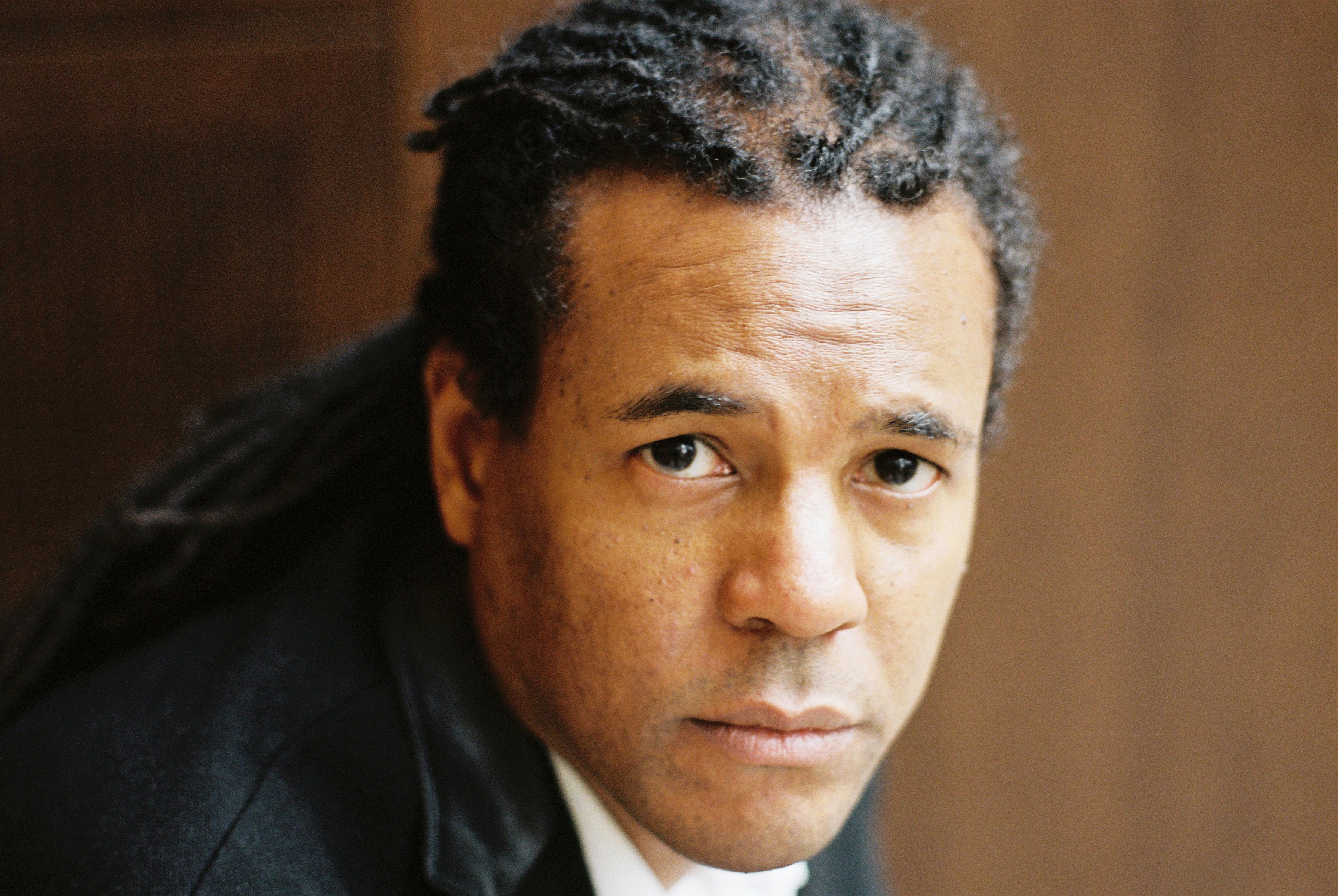

On tracing the migration of people in Harlem and in his fiction And I go to pay for the beer and the guy is like, "What are you doing in here? Like, don't you get it?" And so then my friends would tell me, "Oh, that's a weed spot." Like, it's not really legit. in the '90s, I would go to the store to buy a six pack of beer and the store is completely empty except for like S.O.S and Brillo pads, two Twinkies and a six-pack of Corona.

I still continue to be a failure to know what stores are fronts and what is not. And it's very fluid and the idea of a front, the front that you have out to the world with the sort of bad business in the back is applicable, definitely, to Carney's personality.Īuthor Interviews From Poker Amateur To World Series Competitor In 'The Noble Hustle'

If you put your diamond necklace in the hands of your jewelry connection, that person who has connections to the legit broader marketplace, and so something that is stolen on Tuesday could re-enter the supply chain on Friday. But you're connected in this shadowy underground of people who specialize in this or that particular thing. And so a criminal has given the fence these jewels and coins and other things to watch, and he'll find other dealers at a swap meet. In the front of the store, he has these used armchairs that he's refurbished and where does he get them? He goes to the swap meet, and at the swap meet, there's like a rare coin guy over there. And so the main guy in this one study reupholstered furniture. When I was reading these sociological studies of fences, one thing that was made apparent very early was that they often have fronts, front stores. can I do that?"Īuthor Interviews When Zombies Attack Lower Manhattan "I was just thinking about how much I like heist movies and thinking how much fun the directors and writers must have put it all together," he says. Whitehead says inspiration for the story came to him a few years back, when he was deciding on a movie to watch. Carney owns a furniture store on 125th Street in Harlem, but he has a sideline trafficking in stolen goods. In Whitehead's novel, the main character, Ray Carney, is that wall. a sociological a study about these guys in the Midwest in the '60s, and one of the first things that struck me was their description of being a wall between the straight world and the crooked world." "There's not a lot of literature about fences," Whitehead says. For his latest novel, Harlem Shuffle, that meant learning how stolen items get "fenced." Pulitzer Prize-winning author Colson Whitehead does extensive background research whenever he works on a book. Colson Whitehead was awarded Pulitzer Prizes for his last two novels, The Underground Railroad and The Nickel Boys.


 0 kommentar(er)
0 kommentar(er)
